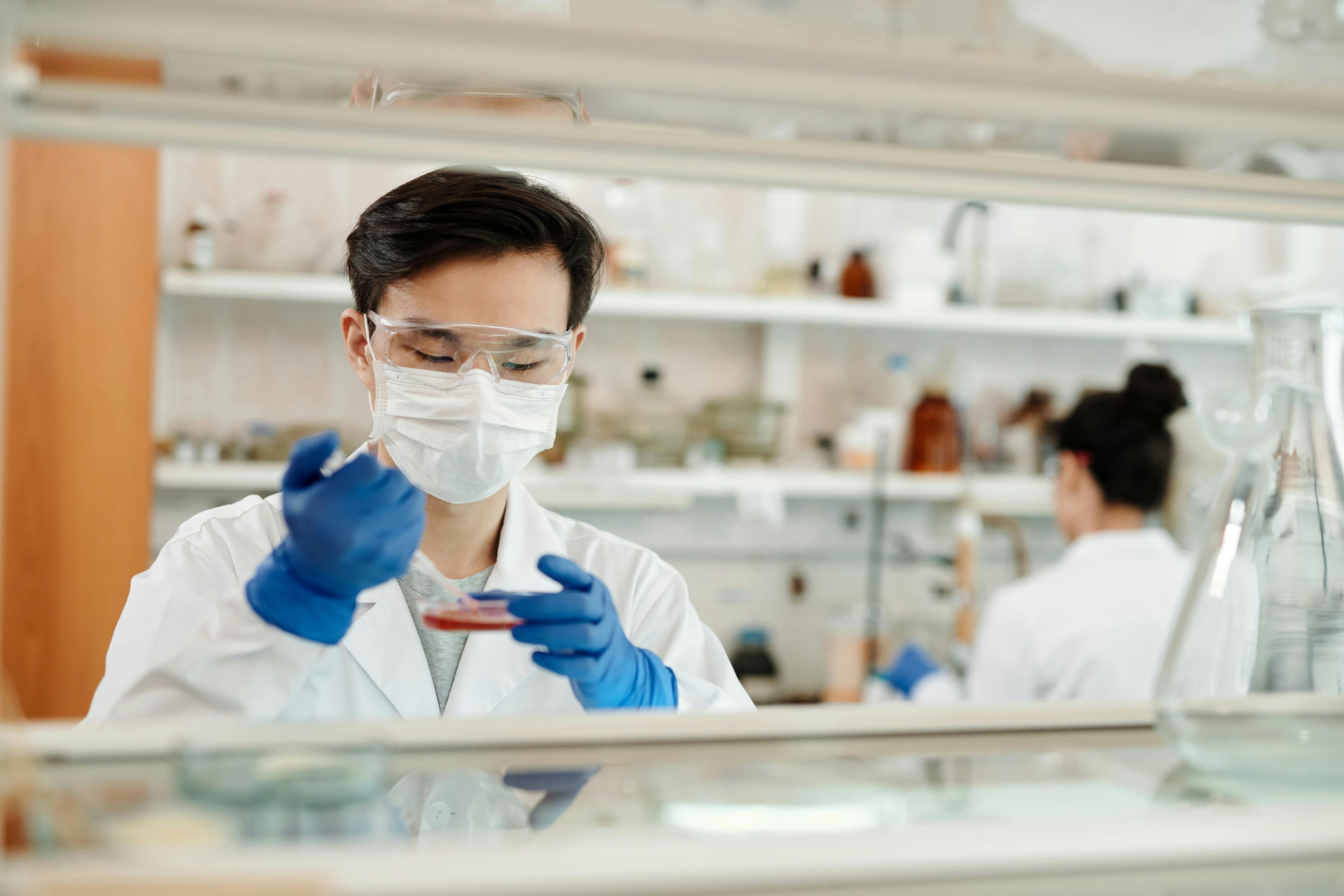Ingredient Education · 4 min read

Weight creeping on around your middle despite eating less than ever. Mood swings that make your family walk on eggshells. Periods that arrive like natural disasters, bringing pain and chaos. brain fog so thick you forget your own phone number mid-conversation. PMS symptoms that last three weeks out of every month, leaving you with only one good week.
Your doctor ran hormone tests and delivered the diagnosis: “Estrogen dominance.” Maybe they prescribed progesterone cream or suggested birth control to “balance things out.” Perhaps they recommended eating more broccoli and reducing stress. But six months later, you’re still bloated, exhausted, and riding an emotional rollercoaster that never seems to end.
Here’s what your doctor probably doesn’t understand: estrogen dominance isn’t just about having too much estrogen or too little progesterone. It’s fundamentally about your liver’s inability to process hormones properly. Until you address the root cause—compromised liver function—no amount of hormone replacement or dietary changes will provide lasting relief.
The Real Story Behind Estrogen Dominance
Estrogen dominance doesn’t always mean your estrogen levels are sky-high. It means the ratio of estrogen to progesterone is out of balance, your body can’t clear estrogen efficiently from your system, harmful estrogen metabolites accumulate in your tissues, and hormone receptors become oversensitive to even normal estrogen levels.
Every hormone in your body eventually passes through your liver for processing, like a recycling center that determines whether hormones help or harm you. Your liver should take estrogen and convert it into metabolites—some beneficial, others potentially harmful. Then it should bind the harmful metabolites to molecules that make them safe for elimination through bile and urine.
When this system works properly, hormone levels stay balanced throughout your cycle. When it fails, estrogen builds up like traffic in a construction zone, creating the symptoms that make you feel like a stranger in your own body.
How Liver Dysfunction Creates Hormonal Chaos
When liver function becomes compromised, the elegant hormone processing system breaks down in predictable ways. Phase one creates more harmful estrogen metabolites while phase two can’t keep up with conjugation and elimination. Estrogen recirculates through your bloodstream instead of leaving your body, while “bad” estrogen accumulates in tissues where it doesn’t belong.
Your liver needs specific nutrients to produce the enzymes that process estrogen: B vitamins for enzyme production, magnesium for hundreds of liver reactions, sulfur compounds for binding toxins, and antioxidants for cellular protection. Modern diets often lack these critical nutrients, creating hormone processing deficits that worsen over time.
Meanwhile, your liver must prioritize its many functions. When overwhelmed with alcohol, medications, environmental chemicals, and processed foods, hormone processing gets pushed to the back burner. The inflammation created by poor liver function disrupts hormone receptors, increases estrogen production, blocks progesterone activity, and amplifies every symptom of estrogen dominance.
Why Traditional Treatments Fall Short
Hormone replacement without liver support is like adding more water to an overflowing sink without fixing the drain. The underlying processing problem remains unaddressed. Diet changes help, but if your liver lacks the nutrients to use beneficial compounds effectively, you’ll see minimal improvement. Most treatments ignore the environmental factors—endocrine disruptors from plastics, chemicals, and toxins—that overwhelm your liver daily.
The solution requires a liver-first approach that addresses the root cause rather than managing symptoms. This means reducing the burden on your struggling liver while providing targeted nutritional support for optimal hormone processing.
The first phase involves eliminating alcohol temporarily, choosing organic foods when possible, filtering drinking water, avoiding plastic food containers, and minimizing processed foods. Simultaneously, you support phase one processing with B-complex vitamins, antioxidants, milk thistle, and green tea while optimizing elimination through fiber-rich foods, adequate water, regular bowel movements, and sweating through exercise.
The second phase enhances hormone processing with sulfur-rich foods, cruciferous vegetables, amino acids, and magnesium. Balancing gut health becomes crucial since beneficial bacteria help eliminate processed hormones. Hormone-supporting nutrients like DIM and calcium D-glucarate ensure harmful estrogen metabolites leave your body rather than recirculating.
With consistent liver support, most women notice reduced bloating and improved digestion within weeks, better sleep and mood stability by the second month, PMS symptoms decreasing and energy increasing by months two to three, and sustained hormone balance developing over three to six months.
Your estrogen dominance isn’t a life sentence or a genetic inevitability. It’s your liver asking for the support it needs to process hormones effectively. When you provide that support through targeted nutrition and lifestyle changes, you can reclaim the hormonal harmony that makes you feel like yourself again.


